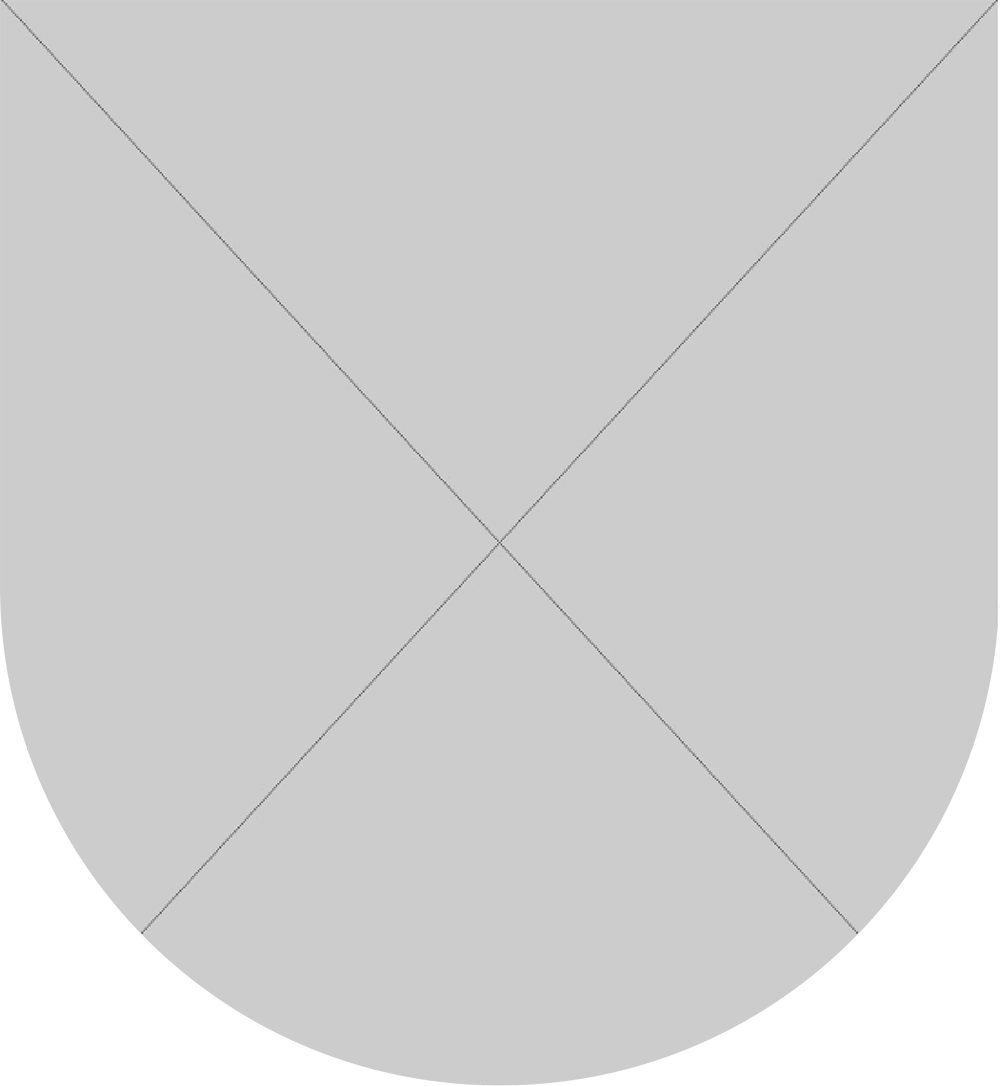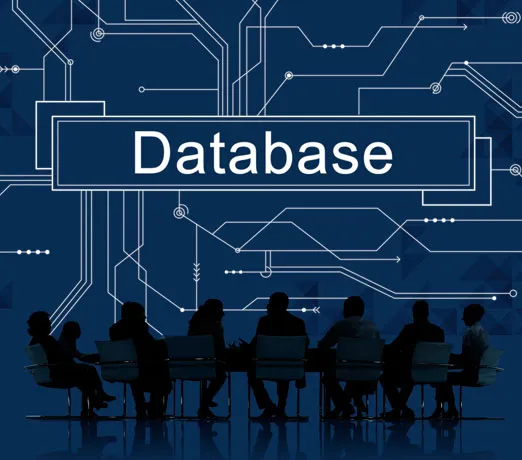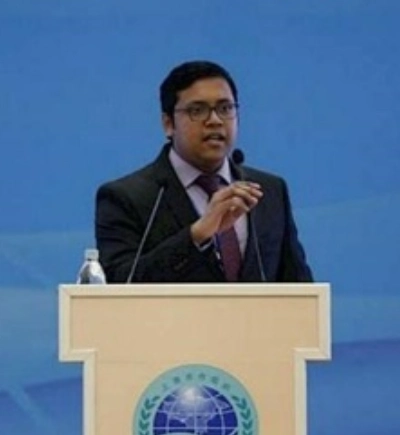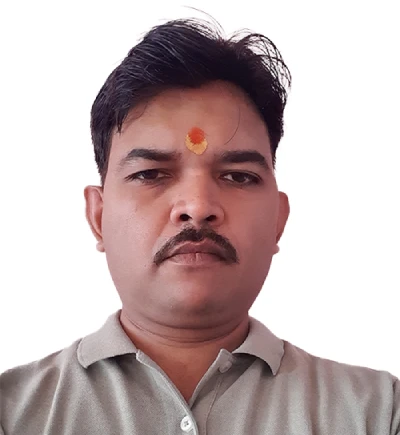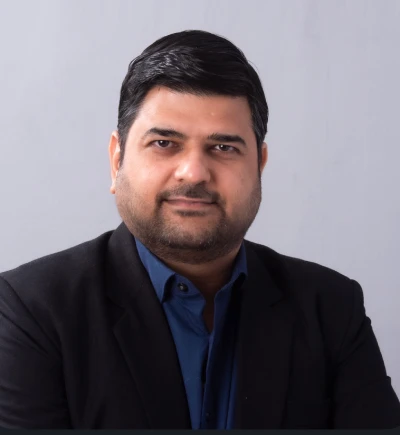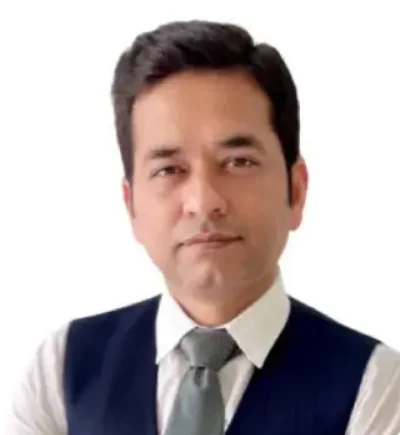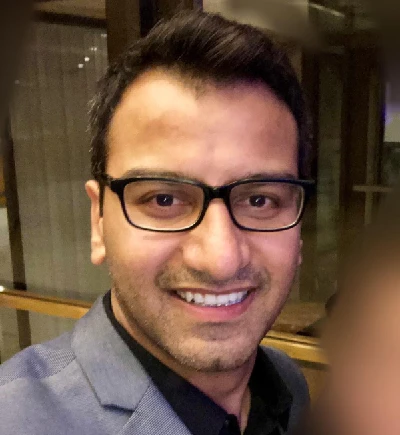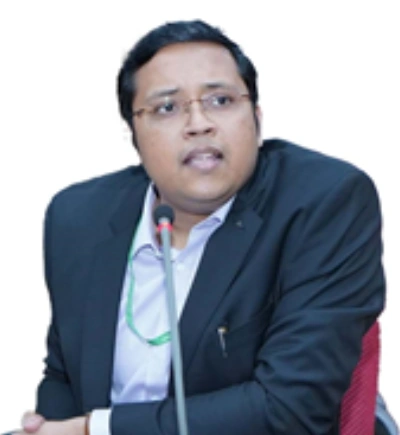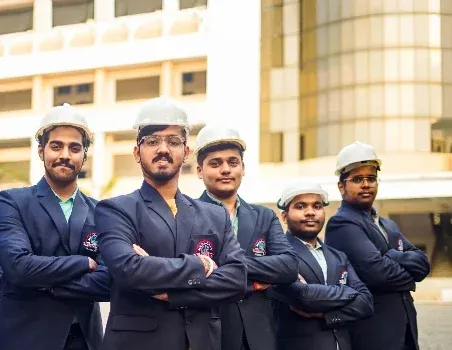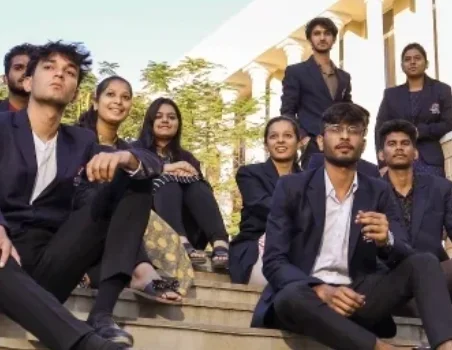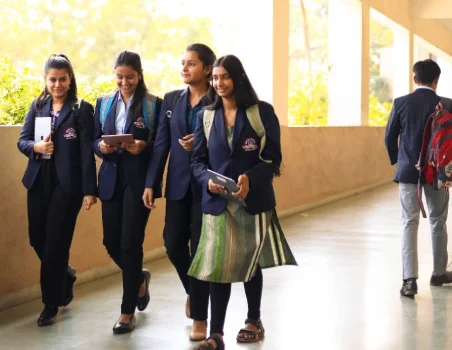PROGRAMS
B.Tech. IT - Information Technology
-
Faculty Engineering
-
Department Information Technology
-
Duration 8 Semesters (4 Years)
Eligibility Criteria
12th Passed with: Physics + Mathematics + (TOS)
Third Optional Subject (TOS) in 12th : Chemistry / Computer Science / Electronics/ Information Technology / Biology / Informatics Practices / Biotechnology/ Technical Vocational subject/ Agriculture/ Engineering Graphics/ Business Studies/ Entrepreneurship
Program Overview
B.Tech in Information Technology is a four-year undergraduate program that equips students with the knowledge and skills needed to manage and implement computer-based information systems effectively.
The program enables graduates to develop innovative solutions for the contemporary challenges in the IT industry. Students begin with fundamental topics such as programming, database management, networking, and web technologies. Thereafter, they specialize in areas such as cloud computing, cybersecurity, data analytics, and software development methodologies. Through practical training in the form of projects, internships, and hands-on lab sessions students augment their problem-solving and technical skills.
Graduates of the B.Tech in Information Technology program from one of the top engineering colleges in Madhya Pradesh are well-prepared for various professions such as software developers, IT consultants, data analysts, and system administrators.
Course Curriculum
Programme Educational Objectives (PEOs)
The Program Educational objectives of the Information Technology undergraduate program are to:
PEO-1
To prepare students for the development and implementation of Information Systems as a solution to complex problems of the industry and society to design appropriate systems to handle the real-time / online problems.
PEO-2
To provide fundamental knowledge of mathematics, computer science and electronic communication to enable graduates to apply these fundamentals in Information Technology.
PEO-3
To train students not only about the fundamentals of scientific and engineering disciplines but also to impart more and more (in breadth) knowledge in these areas, so as to comprehend, analyze, design, and create novel products and solutions as required by the IT industry in India and abroad.
PEO-4
To inculcate among students, the professional and ethical attitude, effective teamwork skills, effective communication, multidisciplinary approach, and an ability to relate engineering issues to broader social context.
PEO-5
To prepare students with strong fundamentals in engineering and excel in postgraduate programs, competitive examinations or to succeed in industry / technical professions through global and rigorous education.
Programme Outcomes (POs)
Engineering graduates will be able to:
POs-1
Engineering knowledge:
Apply the knowledge of mathematics, science, engineering,fundamentals, and an engineering specialization to the solution of complex engineering problems.
POs-2
Problem analysis:
Identify, formulate, review, research literature, and analyze complex engineering problems reaching substantiated conclusions using first principles of mathematics, natural sciences, and engineering sciences
POs-3
Design/development of solutions:
Design solutions for complex engineering problems and design system components or processes that meet the specified needs with appropriate consideration for the public health and safety, and the cultural, societal, and environmental considerations.
POs-4
Conduct investigations of complex problems:
Use research-based knowledge and research methods including design of experiments, analysis and interpretation of data, and synthesis of the information to provide valid conclusions.
POs-5
Modern tool usage:
Create, select, and apply appropriate techniques, resources, and modern engineering and IT tools including prediction and modeling to complex engineering activities with an understanding of the limitations.
POs-6
The engineer and society:
Apply reasoning informed by the contextual knowledge to assess societal, health, safety, legal and cultural issues and the consequent responsibilities relevant to the professional engineering practice.
POs-7
Environment and sustainability:
Understand the impact of the professional engineering solutions in societal and environmental contexts, and demonstrate the knowledge of, and need for sustainable development.
POs-8
Ethics:
Apply ethical principles and commit to professional ethics and responsibilities and norms of the engineering practice.
POs-9
Individual and team work:
Function effectively as an individual, and as a member or leader in diverse teams, and in multidisciplinary settings.
POs-10
Communication:
Communicate effectively on complex engineering activities with the engineering community and with society at large, such as, being able to comprehend and write effective reports and design documentation, make effective presentations, and give and receive clear instructions.
POs-11
Project management and finance:
Demonstrate knowledge and understanding of the engineering and management principles and apply these to one’s own work, as a member and leader in a team, to manage projects and in multidisciplinary environments.
POs-12
Life-long learning:
Recognize the need for and have the preparation and ability to engage in independent and life-long learning in the broadest context of technological change.
Programme Specific Outcomes
After the completion of B.Tech. Degree in IT, the students will be able to
PSO-1
Design, develop and test software systems for a world-wide network of computers to provide solutions to real world problems.
PSO-2
Apply current technical concepts and practices in the core Information Technologies of human computer interaction, data management, programming, networking.
PSO-3
Integrate effectively IT-based solutions into the user environment.
Career Path

Alumni
Admissions
Faq's
Graduates can work as software developers, data analysts, IT consultants, cybersecurity experts, and in roles involving cloud computing and AI.
Yes, the curriculum emphasizes practical coding, database management, and software development through projects and internships.
Students learn multiple languages, including Python, Java, C++, and web development technologies such as HTML and JavaScript.
Yes, students are encouraged to earn certifications in areas like cloud computing, cybersecurity, and database management systems.
The course offers elective subjects allowing students to focus on fields like artificial intelligence, data science, or network security.
Start your journey with Medicap
Contact

Phone
+ 917313111500